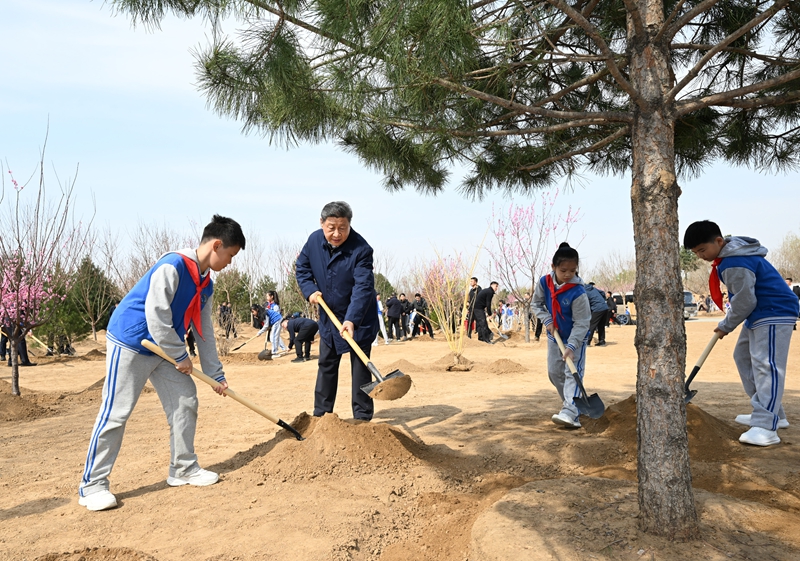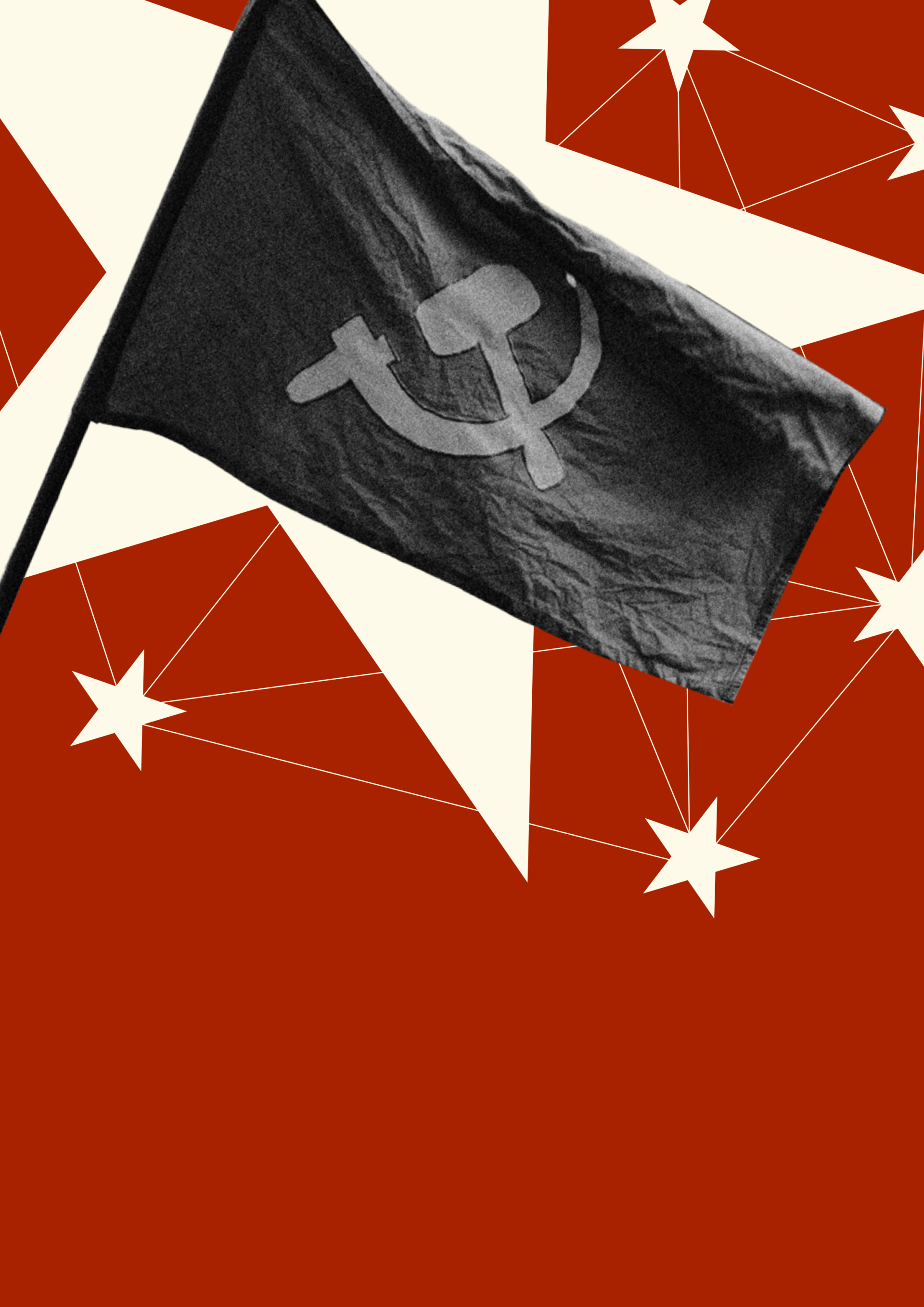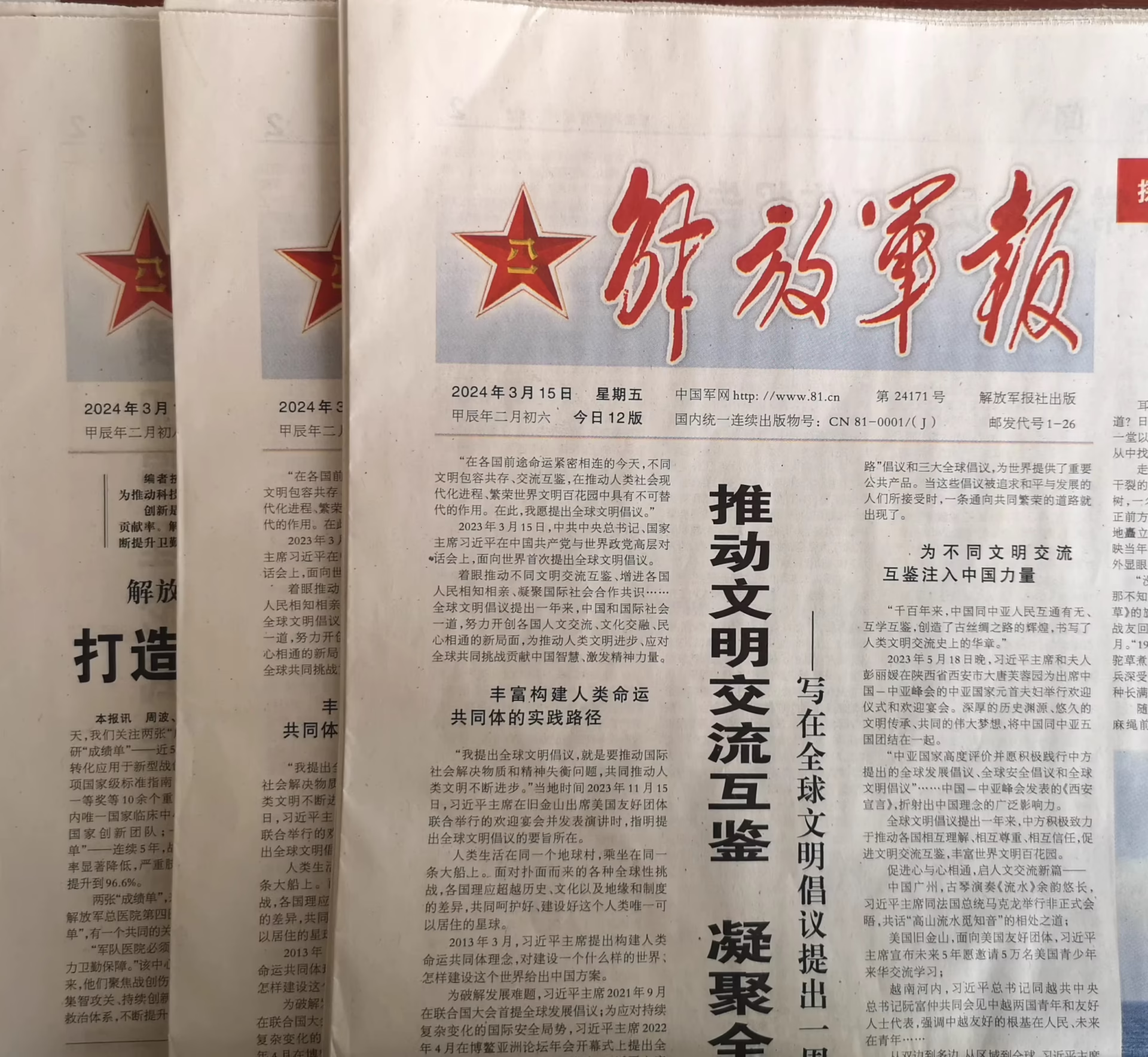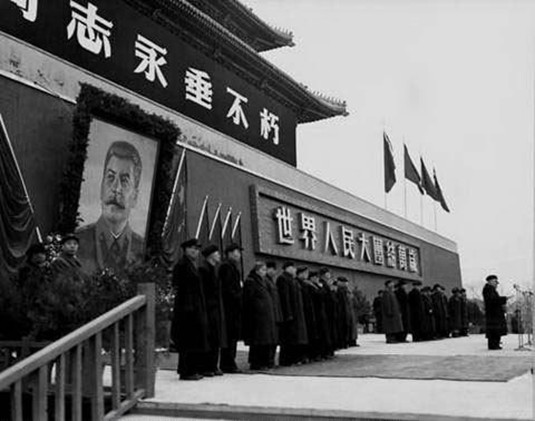
Personnel Problems Are Becoming Personal Problems for Xi Jinping
Personnel Problems Are Becoming Personal Problems for Xi Jinping
Executive Summary:
- A lack of viable challenger suggests that Xi Jinping will remain in power, even if he is more vulnerable today, and his power more curtailed, than in years past.
- Personnel purges of Xi’s allies across the top echelons of the military since 2023 could indicate that his enemies in the People’s Liberation Army are gunning down his protégés to weaken the power base of the “core of the Party center.”
- Purges of Xi’s allies have extended to the state apparatus, most notably with Li Ganjie (李干杰) losing control of the Organization Department after just two years at the helm, and possibly to the domestic security apparatus, following the rise of Qin Yunbiao (秦运彪), who is not tied to Xi, as Beijing’s deputy major and head of its police department.
Political developments among the elite are beginning to point to a dramatic truncation of the power of the “core of the party center” (党中央的核心), Xi Jinping. A recent article from the official mouthpiece of the military, the PLA Daily, reminds readers that “our principle is that the Party commands the gun” (我们的原则是党指挥枪) (PLA Daily, March 10). Another from the Party’s primary newspaper, the People’s Daily, urges readers to “ensure that the ‘knife handle’ is firmly held in the hands of the Party and the people” (确保“刀把子”牢牢掌握在党和人民手中) (People’s Daily, January 12). The “gun” and the “knife handle” are metonyms for the Party’s two sources of hard power, the People’s Liberation Army (PLA) and the domestic security apparatus. For over 18 months, Xi’s protégés—or at least people appointed under Xi—have been disappearing from leadership positions across these systems.
These personnel shifts have undercut Xi’s hold on power, though this does not necessarily mean that he faces a clear challenger or that he is in danger of imminent removal. Xi, a 71-year-old princeling, is currently serving his third five-year term as head of the party, the military, and the government. He still seems destined to remain at least nominally at the helm until the Chinese Communist Party’s (CCP) 21st National Congress convenes, likely in late 2027. At that point, he may garner a fourth five-year term. If so, his top-dog status will be maintained until the 22nd Party Congress in late 2032. However, it is unlikely he will be given the latitude to pursue his personal program in the way he has been in years past.
Purging of Xi Allies Undercuts his Power
Mao Zedong famously declared at the August 7 Meeting in 1927 that “political power grows out of the barrel of the gun” (枪杆子里面出政权), an axiom that has frequently been repeated frequently in official discourse in the Xi Jinping era (Xinhua, February 11, 2015; Party Members’ Net, March 29, 2022). In the People’s Republic of China (PRC), the cadre who controls the army has historically been able to monopolize much of the nation’s economic and sociopolitical resources. Changes to personnel at the top of the PLA—including within the Central Military Commission— since the 20th Party Congress suggest that the limits of Xi’s control of the “gun” are being tested. In turn, this suggests that his power is being curtailed to a degree.
The high-profile removals began in the second half of 2023 with the investigation of former Defense Minister General Li Shangfu (李尚福), whom Xi apparently accused later that year of “betraying” him (China Brief, September 20, 2023, January 5, 2024). Li’s predecessor, Wei Fenghe (魏凤和), was embroiled in the investigation and both men were finally expelled from the Party for “severe disciplinary violations” (严重政治纪律) the following June (Xinhua, June 28). The wider investigation also led to the dismisslas of both the Commander and Political Commissar of the PLA Rocket Force, Li Yuchao (李玉超) and Xu Zhongbo (徐忠波), as well as at least nine other officers from the Rocket Force and the Equipment Development Department (China Brief, March 15).
Xi’s appointment of new officers to lead the Rocket Forces have raised eyebrows. Instead of following the long-standing PLA tradition of naming experts to head technology-heavy departments, the new commander and political commissar of the Rocket Forces, Admiral Wang Houbin (王厚斌) and General Xu Xisheng (徐西盛), respectively, made their careers in the PLA Navy and PLA Air Force. As such, they have minimal specialist knowledge about missiles or spacecraft (BBC August 1, 2023; The Guardian, June 27, 2024; South China Morning Post [SCMP], July 10, 2024).
Other parts of the defense and aerospace research and development establishment have been ensnared in the wider anticorruption dragnet. In the space of two months—December 2023 and January 2024—senior personnel such as President of the China Aerospace Science and Technology Co. (CASC) Wu Yansheng (吴燕生); President of the China North Industries Group Corporation Limited (Norinco) Liu Shiquan (刘石泉); Deputy General Manager of the China Aerospace Science and Industry Corp (CASIC) Wang Changqing (王长青); Head of a research institute under CASC Wang Xiaojun (王小军) were hauled in for investigations and sacked. Defense authorities in April 2024 further shook the country by sacking CASIC President Yuan Jie (袁洁) and President of the China South Industries Group (also known as China Ordnance Equipment Group) Chen Guoying (陈国瑛) (Radio Free Asia, April 15, 2024; CNN, June 27, 2024).
A second wave of purges began in late 2024. Admiral Miao Hua (苗华) was suspended from his post as Director of the Central Military Commission’s Political Work Department, along with senior officials who had also worked in the former 31st Group Army (now the 73rd Group Army). Director of the Eastern Theatre Command General Lin Xiangyang (林向阳) was arrested in early March, according to rumors on the Chinese internet (World Forum, November 25, 2024; New York Times Chinese Edition, November 29, 2024; Creaders.net, March 25).
The recent disappearance of the second-ranked vice chairman of the Central Military Commission and third most powerful member of the military apparatus, General He Weidong (何卫东), suggest that he, too, is under investigation. He has not appeared in public since the “Two Sessions” meetings in March and was notably absent from a conference held on April 8–9 on the PRC’s relations with neighboring countries attended by all 23 other Politburo members, as well as from an annual tree-planting event in Beijing (Xinhua, April 10; China Brief, April 11). When asked about his whereabouts at the end of March, a spokesman for the Ministry of National Defense said he could offer no information (Washington Times, March 25; rfi, March 27; Financial Times, April 10). [1] Xi Jinping has expelled retired personnel who previously held the same position as General He, but never a sitting Vice Chairman. If He has been removed, this will be his highest-ranking removal to date. However, this presupposes that Xi is fully in charge of these decisions.
All along, the assumption has been that Xi has been steering the housecleaning to get rid of real and potential enemies among the top brass. The recent spate of personnel changes, however, has lent credence to the argument that Xi’s military foes are gunning down his protégés to weaken the base of the “party core.” He Weidong was known as a key supporter of Xi’s within the armed forces, frequently professing his loyalty in public statements. The removals of generals under He, such as Li Zhizhong (李志忠), Li Pengcheng (李鹏程), and—possibly—Tang Yong (唐勇), who were also seen as Xi allies, suggest that Xi has been unable to make good on his desire to root out corruption within the military and is losing support as a result (China Brief, April 11).
Beyond the military, Xi’s grip appears to be slipping on the “knife handle”—the apparatus of state control that includes the police (under the Ministry of Public Security), the spies (the Ministry of State Security) and the People’s Armed Police, a two million-strong para-military force whose remit is supporting “stability maintenance” operations (China Social Sciences Net, May 16, 2024; VOA, March 11). In late 2024, Qin Yunbiao (秦运彪) was appointed as both Beijing’s deputy major and the head of its police department. While his predecessor Qi Yanjun (亓延军) enjoyed the patronage of current Minister of Public Security and key Xi ally Wang Xiaohong (王小洪), Qin spent the bulk of his career as a professional police officer and had no personal links with Xi or Xi’s protégés (SCMP, October 12, 2023; Caixin, December 31, 2024). Speeches Xi has made in recent months also suggest that he is worried about losing control over this system, such as the one in January quoted above at which he emphasized ensuring that the “knife handle” remains firmly in the hands of the Party and the people (VOA, January 27).
Xi’s personnel issues have also manifested in the state apparatus. Most notably, Foreign Minister Qin Gang (秦刚) was removed in 2023, while in April 2025, Li Ganjie (李干杰), who had headed the Organization Department for just two years, switched jobs with the Director of the United Front Work Department Shi Taifeng (石泰峰). Li is a member of the so-called Tsinghua University Faction under Xi’s overall political umbrella and was considered a shoo-in for a politburo standing committee slot at the 21st Party Congress. His transfer from the Organization Department—which controls personnel and staffing for the entire CCP—could entail a further diminution of Xi’s power over hiring and firing within the party bureaucracy (SCMP, April 2, Lianhe Zaobao, April 2). Although this was framed as a lateral transfer, in practical terms this constitutes a demotion for Li.
Conclusion
It is difficult to estimate the duration of this murky situation with the CCP’s elite politics. Despite Xi’s apparent loss of authority, no rival or contender is in sight to replace him as supreme leader among four sets of challengers, who include the military, princelings, retired elders, and parts of the dissenting middle and entrepreneurial classes. Within the PLA, the second-ranked officer General Zhang Youxia (张又侠) seems to have arrogated to himself significant power over personnel and policy. But, at nearly 75 years old, he likely does not have either the ambition or the wherewithal to extend his grip beyond the military arena. Most of the fellow princelings who could eclipse Xi, such as the retired generals Liu Yuan (刘源), son of the PRC’s first state president Liu Shaoqi (刘少奇), and Liu Yazhou (刘亚洲), the liberal son-in-law of former president Li Xiannian (李先念), have long been elbowed aside by Xi (BackChina.com, November 26, 2024; China Brief, January 14). Despite rising social discontent, which has manifested at times in acts of public violence, the AI-assisted control and surveillance apparatus is still able to allow the Xi regime to hang on to power.
The next two years leading up to the 21st Party Congress could see Xi’s power further truncated. If so, this would raise uncertainty as disparate stakeholders in the PRC’s armed forces, party apparatus, and social classes could find more room to affect the destiny of the CCP, both domestically and in its relations with the outside world.
[1] The reference to He Weidong did not appear in the official readout from the Ministry of National Defense.


